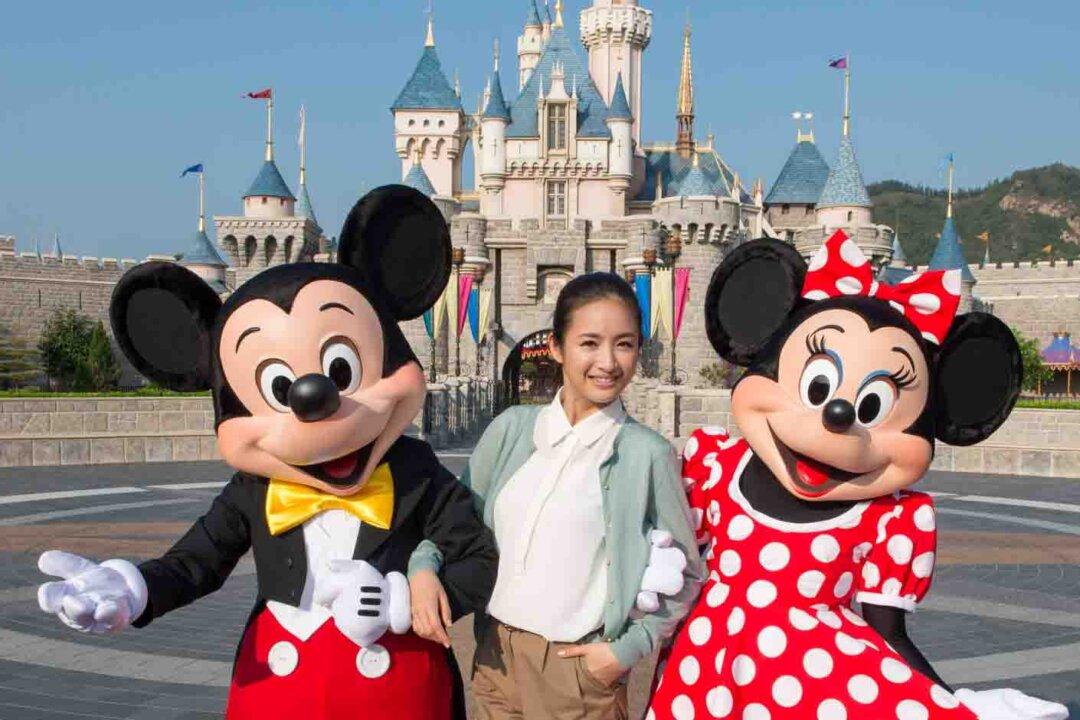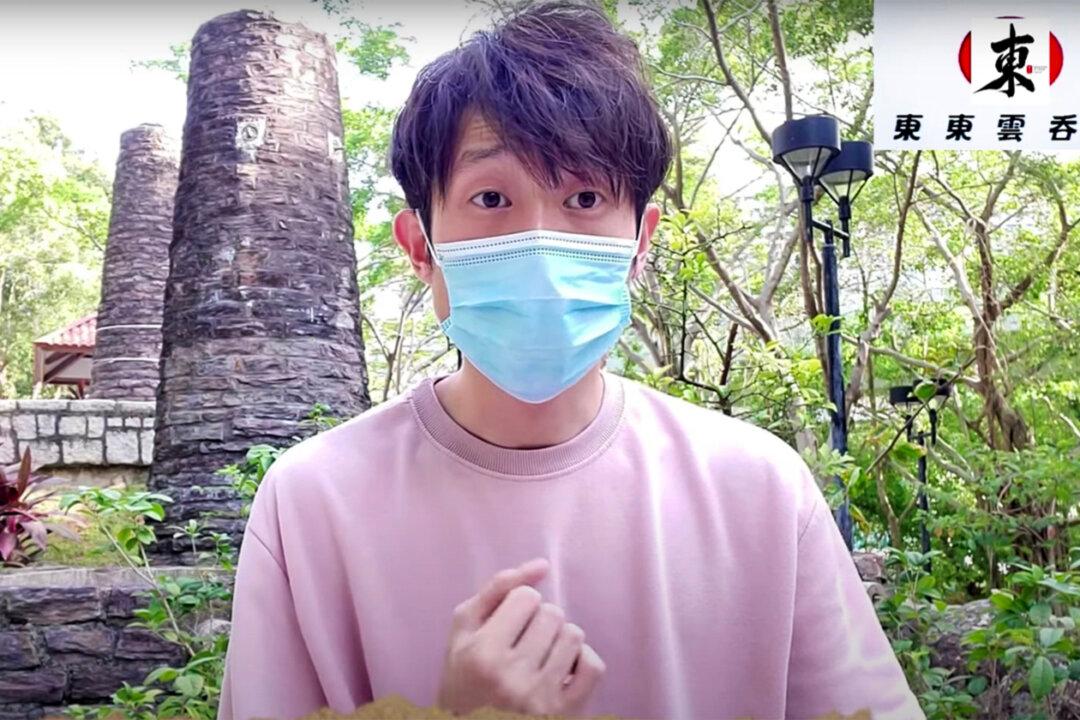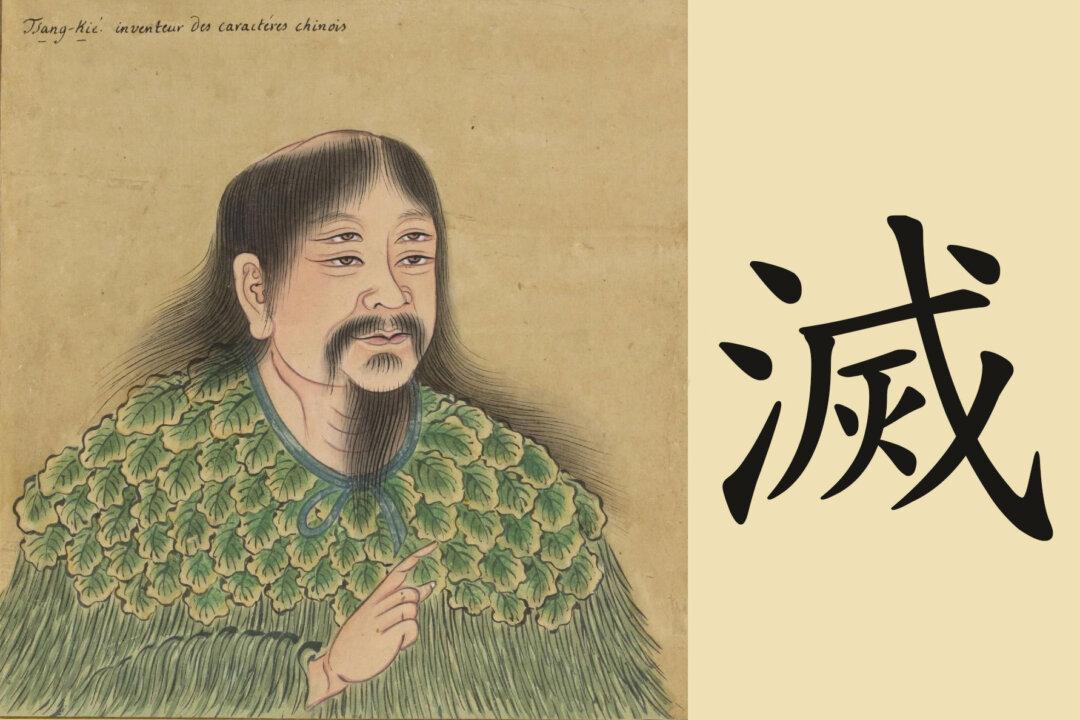Recently I read an article in a local Hong Kong newspaper. The author, a Hong Kong lady, said that a while ago she and her Japanese husband took their children to visit Hong Kong Disneyland. When they returned home, her husband reprimanded her.
She said Disneyland was crowded and there were long queues everywhere. Some Mainland tourists pushed her from behind and she scolded them. She also stopped some Mainland tourists who tried to cut into the lines.
Mr Japan was unhappy that she spoke loudly to people the whole day. “If the others want to cut the line, just let them be” he said, and added “we should not be impolite.”
Mrs Hong Kong thought that she was correct to stand up for the rights of herself and her children and to teach a lesson to those who broke the rules.
At first I agreed with Mrs Hong Kong, however, soon afterwards I read a story of a happening in China 2,500 years ago.
Scholar Nan Xiazi once visited Prince Cheng. Prince Cheng treated him to roasted Chinese giant salamander.
Nan said: “I heard that a real gentleman does not eat salamander.” (Salamander, also called “baby fish”, makes a sound like a baby crying, so a gentleman does not feel at ease to eat it).
The Prince said, “That is the matter of gentlemen, how does this affect you?”
Nan replied: “I hear that, if a man aims high, then he will constantly improve; if he resorts to degrading things, then his behavior will drop gradually. I dare not say that I am a true gentleman, but I really wish to become a gentleman of honor.”
He then quoted a saying from the Analects of Confucius: “When we see men of worth, we should think of equaling them; when we see men of a contrary character, we should turn inwards and examine ourselves” (見賢思齊焉,見不賢而内自省也).
Upon reading this, I only want to congratulate Mrs Hong Kong for having a gentleman husband.
Source: “Shuo Yuan,” or Garden of Talks: stories and tales from Confucian scholar Liu Xiang from the pre-Qin period to the Western Han Dynasty.
Edited by Damian Robin.




